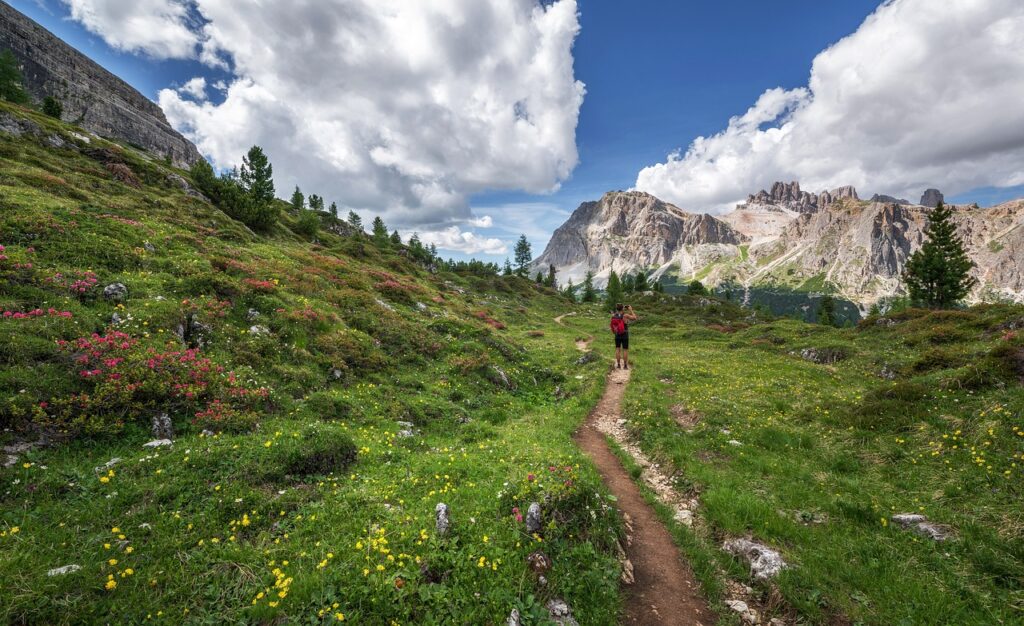Backpacking through Europe is more than just a trip, it’s a rite of passage, a life-changing experience filled with freedom, culture, and adventure. For beginners, it can feel overwhelming, visa rules, transportation options, packing strategies, and unfamiliar languages can all seem daunting. But with the right guidance, planning a backpacking trip across Europe can be as smooth as it is unforgettable.
This comprehensive guide is designed to equip first-time travelers with everything they need for a successful and budget-friendly adventure. From building your itinerary to managing finances, you’ll discover how to travel light, navigate Europe’s diverse rail and bus systems, and find affordable accommodations in both major cities and hidden gems. We’ll cover important safety practices, such as safeguarding valuables and sharing your travel plans, so you can explore with confidence.
More than just logistics, this guide dives into the cultural immersion that makes backpacking so magical. You’ll uncover tips for learning local phrases, celebrating cultural festivals, and enjoying authentic experiences in Eastern Europe, all without breaking the bank. Whether you’re hiking the Alps or bar hopping in Budapest, traveling solo or with friends, your epic journey starts here.
With thoughtful planning and an open mind, you’ll soon be navigating Europe like a seasoned explorer. Let’s hit the road!
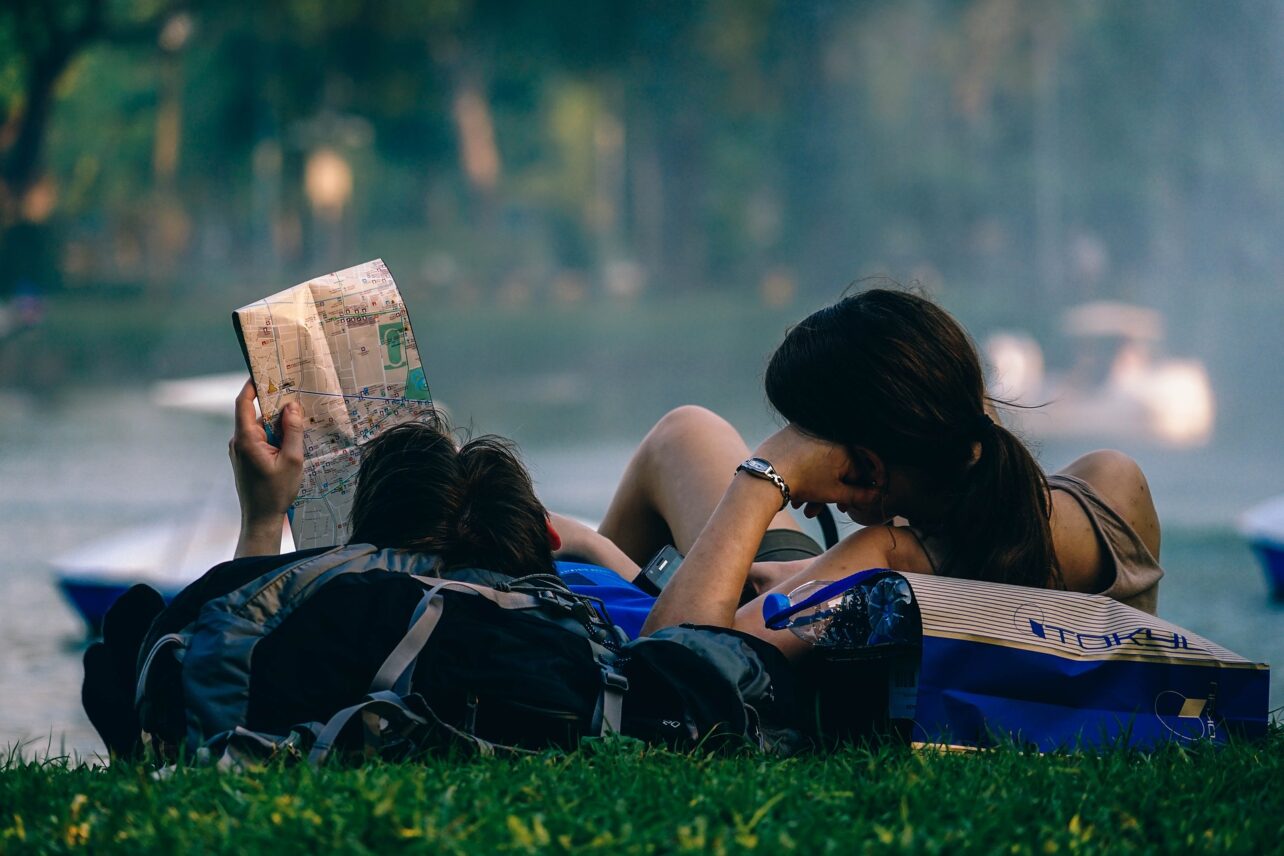
Backpacking Europe: Plan, Pack, and Go.
Don’t let poor planning ruin your European backpacking adventure. Get your visa requirements sorted, plan your route, choose your mode of transportation, and book accommodations ahead of time to make the most of your trip.
Visa Requirements for Americans
Before you go, make sure you understand the visa requirements for US citizens traveling to Europe. Most countries allow stays up to 90 days without a visa, but it’s always best to double-check with each country’s embassy or consulate.
Getting Around Europe
Traveling through Europe is a breeze with the Eurail Pass. With the Eurail Pass, you can explore 33 countries in Europe with ease and convenience. Train and bus rides are an ideal way to witness the landscape and make acquaintances with other explorers.
Booking Accommodations in Advance
Don’t leave your accommodations to chance. Book ahead of time to avoid last-minute stress and score budget-friendly deals. Check out HostelWorld for great hostel options or Airbnb for unique local stays. And remember, early bookings often come with discounts.
Ready, Set, Backpack.
Now that you have the basics covered, it’s time to pack your bags and hit the road. Remember to research based on your specific interests and needs for a truly unforgettable European backpacking experience.
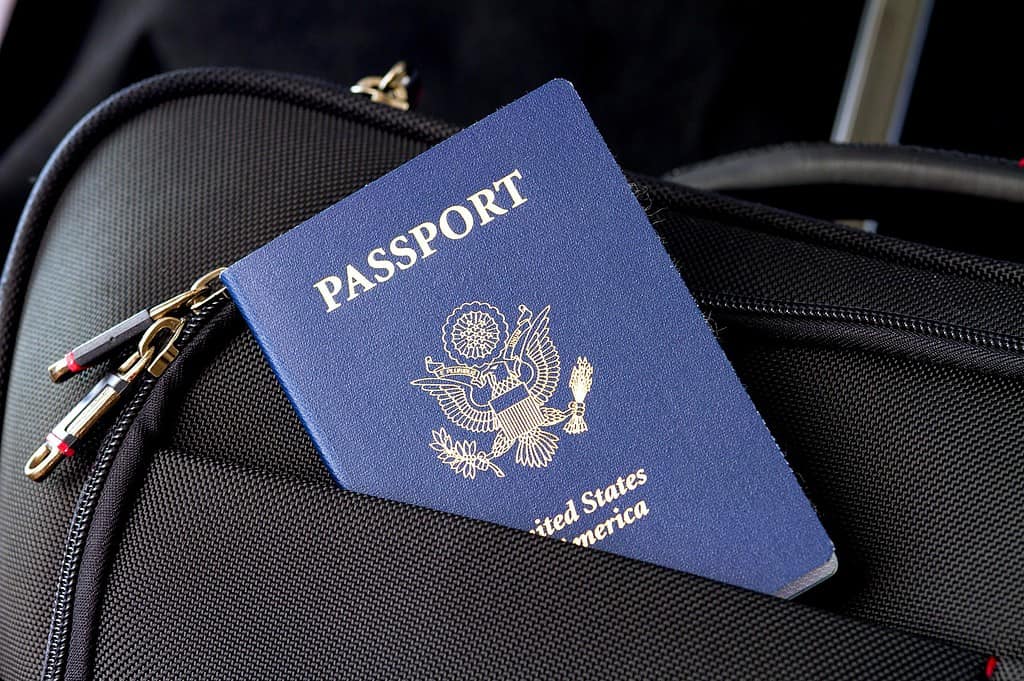
Safety Tips for Backpacking in Europe
Backpacking across Europe is an adventure of a lifetime, but it’s important to stay safe while doing so. Don’t let pickpockets or other distractions ruin your trip. For a worry-free journey, here are some helpful hints.
Protect Your Belongings
Thieves are everywhere, and tourists are often their favorite targets. Keep your valuables close and avoid flaunting expensive items. Invest in anti-theft travel gear like money belts or slash-proof bags for added security.
Share Your Itinerary
Make sure someone knows where you are at all times. Share your complete itinerary with a trusted friend or family member back home, including flight numbers, accommodation addresses, and contact numbers.
Be Prepared for Emergencies
- Keep emergency contacts handy, including local authorities and embassy/consulate details.
- Purchase comprehensive travel insurance that covers medical expenses and loss/theft of personal possessions. Consider options like Travel Guard International Insurance.
By taking these steps, you can enjoy your European adventure with peace of mind and handle any unforeseen situations effectively. Happy travels.
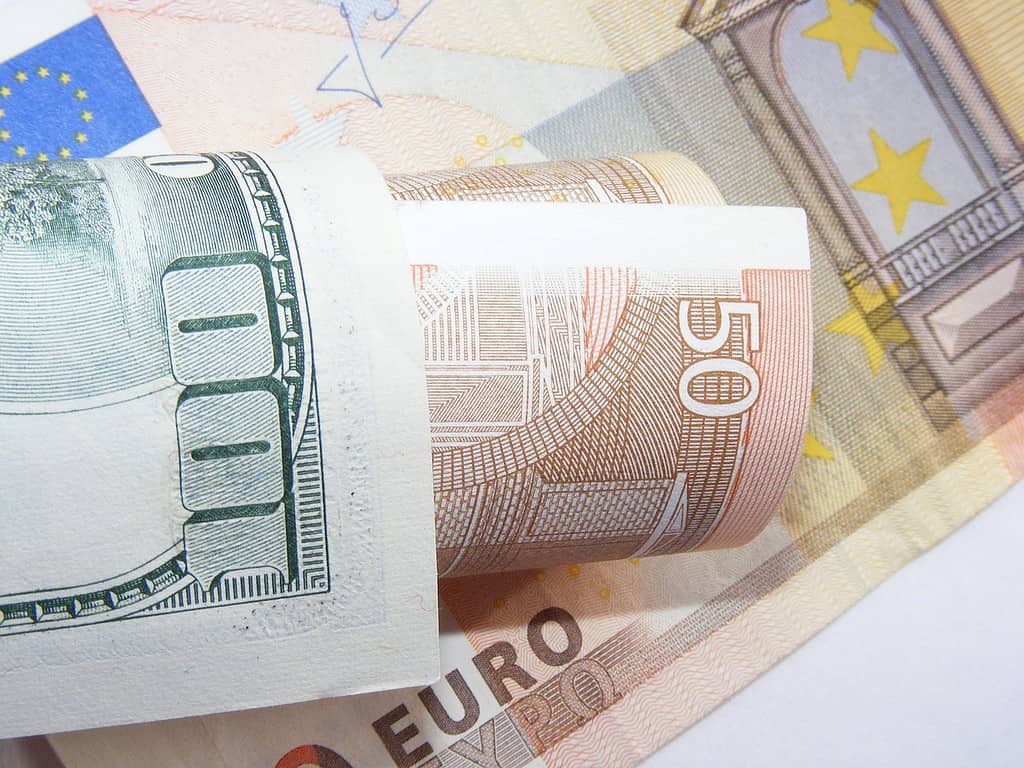
Financial Tips for Backpacking in Europe
Backpacking Europe? Don’t let finances impede your European backpacking experience. Follow these tips to stay on budget and enjoy your adventure:
Master Currency Conversions
Don’t get caught out by confusing currency conversions. Research the local currencies of the countries you’ll be visiting and keep track of exchange rates. Use a reliable online platform or local bank for currency exchange, and avoid high fee services.
Choose Your Payment Method Wisely
Consider investing in a travel rewards credit card with lower foreign transaction fees. Cards like the Chase Sapphire Preferred Card or Capital One Venture Rewards Credit Card offer great benefits for frequent travelers. And when it comes to cash, use ATMs for better exchange rates.
Plan Ahead
Smart financial planning can make all the difference. Set a daily budget, book accommodation in advance, and research free activities and attractions. Prepare ahead to have a fantastic vacation without draining your wallet.
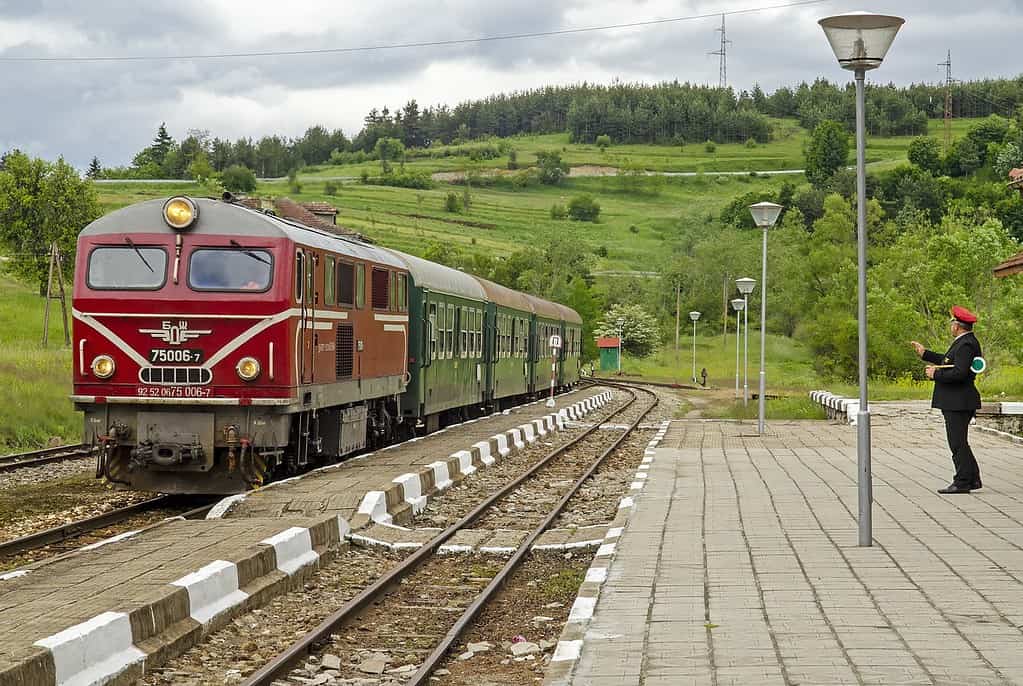
Cutting Down Daily Expenses During Your European Adventure
Backpacking in Europe can be a thrilling experience, yet it is essential to remain mindful of your spending. With smart choices, you can significantly reduce your daily expenses.
The Ultimate Guide to Saving Money with Eurail Passes
Save money while traveling in Europe by using Eurail passes. These passes allow unlimited travel on many train routes throughout Europe for a set price. Opting for this over individual tickets could save you hundreds of dollars.
22 Easy Ways to Cut Down Your Daily Expenses
- Eat like a local: Avoid touristy restaurants and opt for street food or local eateries where prices are lower.
- Rent a bike: Many European cities have excellent cycling infrastructure. Renting a bike saves money and provides an immersive way to explore the city.
- Purchase groceries: Instead of eating out every meal, consider buying groceries and cooking some meals yourself. This drastically cuts down food costs.
- Skip expensive attractions: Many museums offer discounted entry fees at certain times or days. Do some research ahead of time to find free or low-cost attractions.
Considering alternative accommodations such as hostels or camping can also help bring down costs. Services like WorkAway provide opportunities for volunteer work exchange accommodation and meals, reducing overall expenditure. Not only does this cut costs, but it also provides enriching experiences that make your journey memorable.
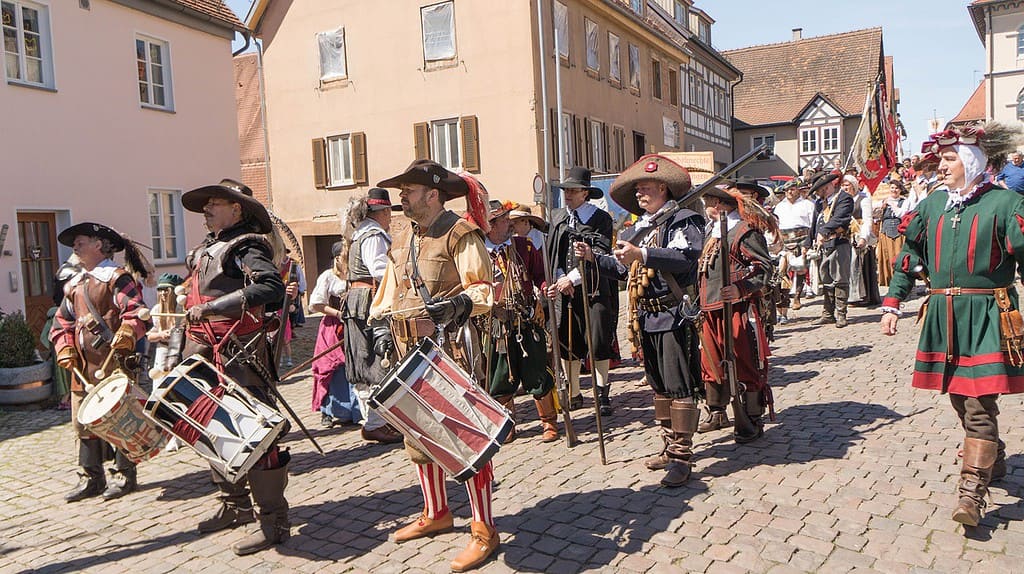
Backpacking Through Europe: Learning Languages and Festivals
Maximize your European backpacking adventure by immersing yourself in local culture. Learn key phrases in the local language and participate in festivals for a cultural deep-dive.
Language Learning: Connect with Locals
Enhance your travel experience by learning basic greetings, directions, and dining vocabulary. Websites like Duolingo offer free language courses to start before your journey. Learning the local lingo can assist in establishing a more profound bond with natives and facilitate communication.
Festival Participation: Fun-Filled Memories
From Spain’s La Tomatina tomato fight to Germany’s Oktoberfest, there’s always something happening in Europe. Book tickets early for discounts and immerse yourself in cultural celebrations. No special skills are required, just an open mind and enthusiasm for new experiences.
Step out of your comfort zone and actively participate in local culture for enriching experiences beyond mere sightseeing. Your European backpacking adventure promises memories that will last a lifetime.
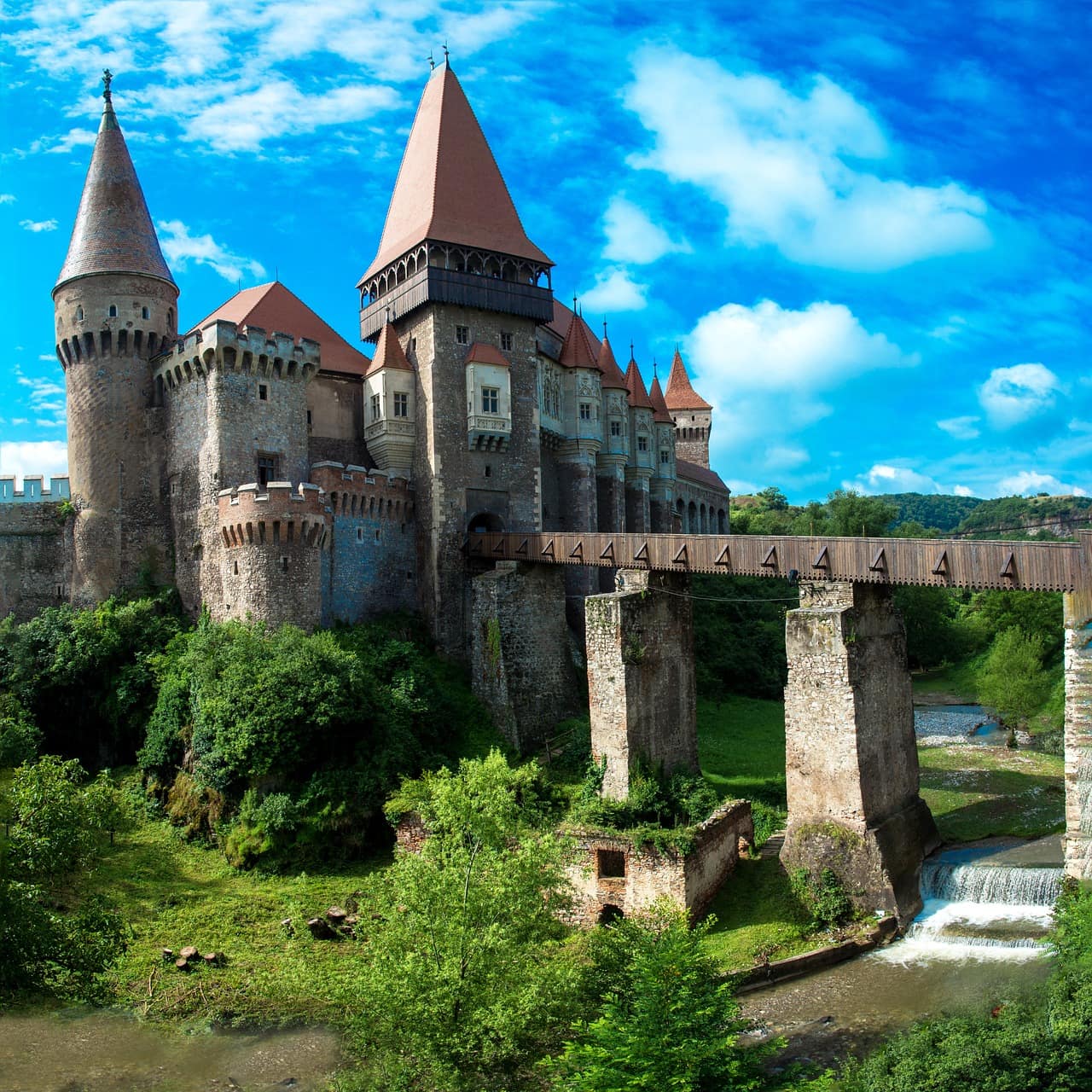
Exploring Eastern Europe on a Budget
If you’re a budget-conscious traveler, Eastern Europe should be at the top of your list. Often overlooked in favor of more popular Western European destinations, this region offers incredible value without sacrificing culture, beauty, or adventure. From stunning medieval towns to natural landscapes and vibrant cities, Eastern Europe delivers unforgettable experiences at a fraction of the cost.
Countries like Poland, Hungary, Romania, and Bulgaria provide rich history, welcoming locals, and affordable travel options for backpackers and savvy adventurers. You’ll find beautifully preserved architecture and powerful historical sites all on a modest budget.
Accommodation is significantly cheaper here compared to Western Europe, with quality hostels, guesthouses, and boutique hotels available at great prices. Dining and transportation are also budget-friendly, making it easy to stretch your funds while still enjoying a rich and immersive travel experience.
Perhaps best of all, many of these destinations remain relatively undiscovered by mass tourism, giving travelers the chance to engage with local cultures in a more authentic way. For those looking to explore Europe off the beaten path, Eastern Europe is a hidden gem that won’t break the bank.
Poland:
Poland is a standout with cities like Krakow, home to stunning medieval architecture and Wawel Castle, as well as Warsaw, which offers a resilient mix of old-world charm and modern innovation. Don’t miss a visit to Auschwitz-Birkenau, a solemn but essential historical site. With hearty cuisine, vibrant nightlife, and plenty of affordable hostels, Poland caters to every type of traveler.
Hungary:
Hungary, and especially Budapest, is famous for its blend of old-world grandeur and modern fun. Enjoy a soak in the iconic thermal baths, explore the quirky ruin bars in the Jewish Quarter, or cruise the Danube River for breathtaking views. Hungary is budget-friendly, with plenty of delicious street food and free walking tours that make exploring even easier.
Romania:
Romania offers dramatic scenery and folklore-rich destinations like Bran Castle (aka Dracula’s Castle), the Carpathian Mountains, and painted monasteries in Bucovina. Cities like Cluj-Napoca and Brasov are perfect for budget travelers, combining scenic beauty with fascinating history and friendly locals.
Bulgaria:
Bulgaria surprises many with its Black Sea beaches, ski resorts, and ancient cities. Explore Nessebar, a UNESCO World Heritage Site, or hike the Rila Mountains. Sofia, the capital, is one of Europe’s most affordable cities and brims with Eastern Orthodox churches, Roman ruins, and vibrant food markets.Bulgaria surprises many with its Black Sea beaches, ski resorts, and ancient cities. Explore Nessebar, a UNESCO World Heritage Site, or hike the Rila Mountains. Sofia, the capital, is one of Europe’s most affordable cities and brims with Eastern Orthodox churches, Roman ruins, and vibrant food markets.
From low-cost public transportation and budget accommodations to delicious local cuisine, Eastern Europe is a backpacker’s dream. With fewer crowds and deeper cultural connections, it offers an unforgettable experience at a fraction of the cost.
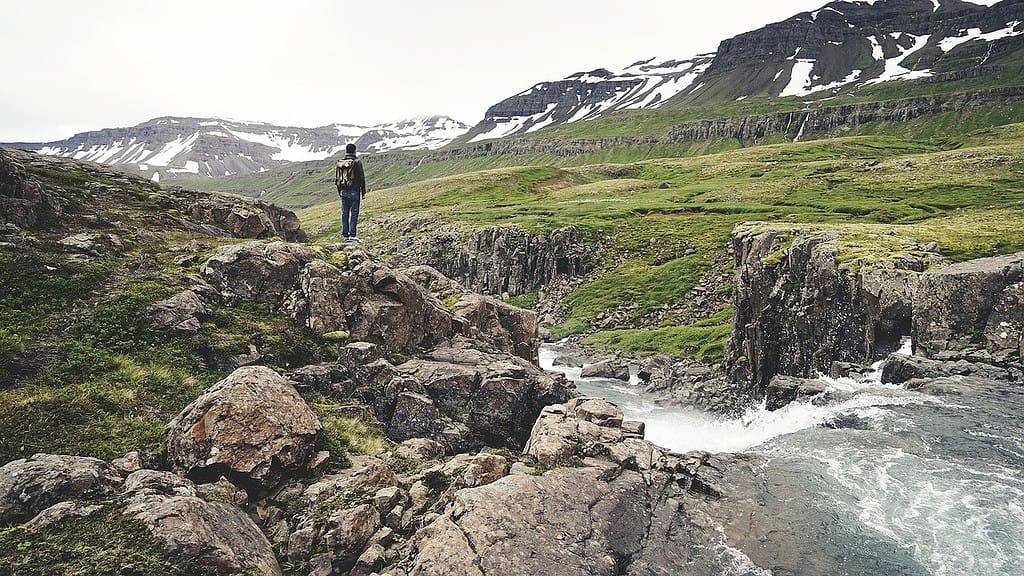
Hiking Trails and Outdoor Gear in Europe
Backpacking in Europe offers endless opportunities for outdoor enthusiasts to explore scenic trails. Some of the most beautiful ones include Cavtat, Rothenburg Ob Der Tauber, Cluj-Napoca, and the famous Slovenian Mountain Trail.
Essential Gear for Hiking Enthusiasts
Packing the right gear is crucial for a comfortable and safe hiking experience. Here are some must-have items:
- Sleeping Bag: A lightweight and durable sleeping bag is essential for overnight hikes or camping.
- Mattress: An inflatable mattress can provide much-needed comfort during rest stops.
- Waterproof Sportswear: Weather conditions can change rapidly on the trail. Waterproof clothing will keep you dry during unexpected showers or when crossing streams or rivers.
It’s also advisable to carry a first-aid kit, navigational tools like maps and compasses, adequate food supplies, water purification tablets or filters, fire-starters, etc., depending on the length of your hike.
Planning and choosing trails that match your skill level and available time is equally important. Detailed guides and online resources such as HikingEurope.net offer comprehensive information on various European hiking routes, difficulty levels, duration, and distance covered, making it easier to plan the perfect adventure trip. Remember to always respect nature, leave no trace behind, and ensure that future generations can enjoy the beauty of untouched wilderness. Happy trekking.
Save Money While Traveling Europe with WorkAway App
Backpacking through Europe can be expensive, but the WorkAway app can help you cut costs. This platform connects travelers with hosts who offer food and lodging in exchange for volunteer work. It’s a win-win situation that allows you to experience local cultures while saving money.
Benefits of Using WorkAway
- Cultural Immersion: Live with locals and learn about their way of life.
- Cost Savings: Accommodation and meals are provided, so you can save money.
- New Skills: Learn something new while volunteering, like farming or baking.
How to Use WorkAway
- Create an account or download the app to get started on WorkAway.
- Browse listings by location and type of work.
- Contact hosts through the platform’s messaging system.
By using the WorkAway app, you can make your European adventure more affordable and enriching. Give it a try.
FAQs About Europe Backpacking: How to Have an Epic Adventure
What I Wish I Knew Before Backpacking Europe
Knowing local customs, and basic phrases in the native language, and having a flexible itinerary can enhance your European backpacking experience. Check out our backpacking tips.
Realistic Budget for Backpacking Europe
Backpacking Europe can cost anywhere from $50 to $100 per day, depending on your travel style and destination. Check out this article for more information.
How Hard Is It to Backpack Through Europe?
The difficulty depends largely on individual preparation and adaptability. With proper planning using resources like our comprehensive Backpacker’s Guide to Europe, it becomes much easier.
How to Prepare for Backpacking Across Europe
Research your destinations, pack light, and be open to new experiences. Check out these backpacking tips from Rick Steves.
Negative Aspects of Backpacking in Europe
Overcrowding, high costs, and pickpocketing can be downsides to backpacking in Europe.
Political Issues or Controversies Related to Travel
Recent controversies include the impact of over-tourism on local communities and the refugee crisis affecting many European countries.
Comparisons with Other Continents or Regions
Europe offers a unique blend of history, culture, and diverse landscapes that sets it apart from other regions. However, Southeast Asia and South America are also popular backpacking destinations.
Backpacking through Europe is one of the most exhilarating ways to experience the continent’s rich diversity. With every train ride, hostel check-in, and new passport stamp, you’ll collect not just souvenirs but life stories. But to truly make your trip epic and stress-free, preparation is key.
Start by planning your route and being mindful of visa requirements, especially when crossing between Schengen and non-Schengen countries. Packing light, using just a carry-on or compact backpack, makes your journey more mobile and efficient. Always keep security in mind, using theft-proof gear and sharing your itinerary with someone back home.
Dive into local culture, whether it’s trying street food in Berlin, celebrating midsummer in Sweden, or learning a few Romanian phrases, these small touches make your experience richer. And don’t underestimate the charm of Eastern Europe, where your money goes further without compromising the adventure.
At Sights 2 See, we believe backpacking is about more than travel, it’s about freedom, discovery, and meaningful experiences. Whether you’re dancing in the streets of Budapest or hiking the trails of Transylvania, every step brings you closer to a broader worldview and deeper self-awareness.
So grab your pack, choose your path, and prepare for an unforgettable adventure across Europe. Your journey starts now.
You Might Also Like:
If you enjoyed this post on Europe Backpacking How To Have An Epic Adventure, you might also like: Traveling To Hidden Destinations, Solo Travel Made Easy How To Stay Safe And Explore The World, How To Pack With Just A Carry On Suitcase.
